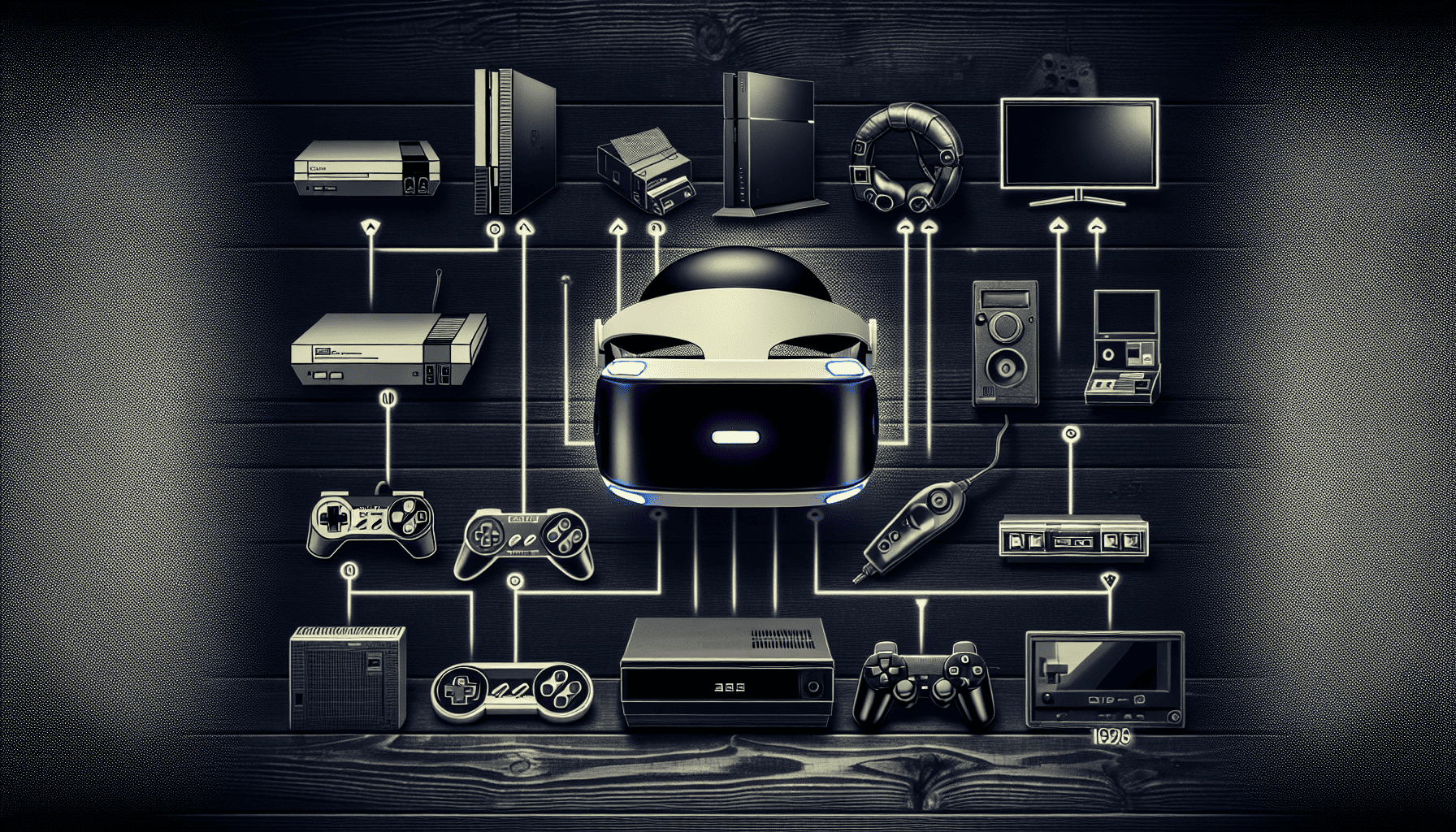Online gaming has undergone a remarkable transformation since its humble beginnings, evolving from simple text-based interfaces to immersive, multi-sensory experiences that connect millions of players worldwide. This journey has been marked by key milestones and innovations that have not only shaped the gaming industry but also revolutionized the way we interact with technology.
The inception of online gaming can be traced back to the 1970s, with the development of ARPANET, a precursor to the modern internet. It was within this network that "MUD" (Multi-User Dungeon), the first text-based multiplayer game, emerged. MUDs established the fundamental principles of online gaming, providing players with a virtual space to explore, interact, and collaborate in real-time. These early games were accessible primarily through universities and research institutions, laying the groundwork for the future of the medium.
The 1990s witnessed a significant leap forward with the introduction of graphical interfaces, thanks to advancements in internet speeds and personal computing power. This era saw the rise of online multiplayer games like "Ultima Online" and "EverQuest," which popularized the concept of Massively Multiplayer Online Role-Playing Games (MMORPGs). These games offered expansive worlds, intricate storylines, and social interaction, captivating millions of players and paving the way for community-driven gameplay.
As broadband internet became more widespread in the early 2000s, the online gaming landscape expanded further. The launch of "World of Warcraft" in 2004 was a watershed moment, blending compelling gameplay with community collaboration, and attracting millions of subscribers worldwide. At the same time, the console gaming market experienced a seismic shift with the introduction of online services like Xbox Live and PlayStation Network. These platforms enabled players to compete, collaborate, and communicate across the globe, blurring the lines between console and PC gaming experiences.
The late 2000s and early 2010s heralded the advent of online cooperative and competitive games that dominated the market. The rise of multiplayer online battle arenas (MOBAs) such as "League of Legends" and "Dota 2," as well as the explosion of first-person shooters like "Call of Duty," highlighted a growing appetite for skill-based competitive gaming. This era also saw the birth of eSports, where organized competitions with professional athletes captivated audiences both online and in stadium-sized events, transforming gaming into a spectator sport.
Recent years have seen unprecedented levels of innovation, driven by advancements in technology and shifting consumer expectations. The emergence of cloud gaming platforms, such as Google Stadia and NVIDIA GeForce Now, has promised to deliver high-quality gaming experiences without the need for expensive hardware. Meanwhile, virtual and augmented reality technologies are starting to offer new dimensions of immersion and interactivity, hinting at a future where gaming experiences are more lifelike and accessible than ever before.
Social and mobile gaming have also played significant roles in the evolution of online gaming. Titles like "Fortnite" and "Among Us" have crossed cultural boundaries, bringing gaming to a broader audience. The rise of social platforms that integrate gaming mechanics, like Roblox, has cultivated creative communities where players not only play games but also design their own, further emphasizing the shift towards user-generated content.
As online gaming continues to evolve, the innovations that have driven its growth also raise questions regarding privacy, data security, and the potential impact on mental health. As developers and policymakers navigate these challenges, players around the world await the next stages of this dynamic journey—one that promises new worlds to explore, new communities to build, and new frontiers in technology to conquer.
